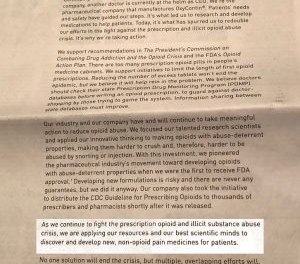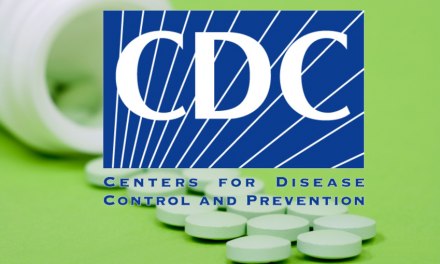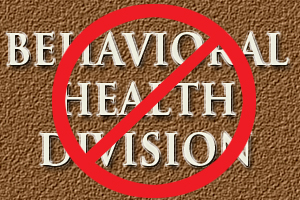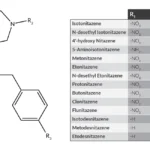Haven’t heard as much about opioids of late– eclipsed by the pandemic, no doubt. Understandably enough. There may be lots of problems facing us, but when one of them is a coronavirus pandemic, it’s difficult to pay attention to the rest. Here are some updates on opioids from recent media accounts:
First a newly released book, entitled Empire of Pain
It examines the role of the Sackler family and their lead product, Oxycontin, in the epidemic that followed its release some 23 years ago. One interesting tidbit: a rare interview with a key member of the family, who despite acknowledging harm done, nonetheless described Oxy as “…a very good medicine… very effective and safe…” I guess she hopes to offset the pain of all those fatalities by pointing out that Oxycontin was of help to other patients.
Doesn’t sound like a real good trade-off. After all, good deeds don’t erase bad ones. Both go on our permanent record.
In the case of Oxy and the Sacklers, it appears the family is in line to finish with way more blame than credit. Still, due to the bankruptcy laws, it also looks as if their fortune will come through this ordeal largely intact. Makes me think of that saying about how behind every great fortune is a great crime.
Next: an update on conditions in West Virginia, a state that suffered disproportionately from the opioid epidemic, both in terms of OD fatalities as well as a host of other serious health problems (HIV/AIDs, Hepatitis, etc). The article suggests that while some WV counties responded with innovative programming that can serve as a model, many of their sister counties did little or nothing.
A City Wrestled Down an Addiction Crisis. Then Came Covid-19
Isn’t that usually the way? The American healthcare system seems to promote such inequities, to the detriment of citizens.
On the positive side, what can be done?
Opioid abuse spiked during the pandemic. What can Congress do?
I’m reminded of the observation that even good legislation creates as many new problems as it solves existing ones. That’s because politics is built on compromise, and addiction is a disease that, like COVID-19, makes its own rules and insists we observe them. Our challenge is to identify what works and implement it properly, in the face of continual jockeying over budgets, partisan agendas, and not least, the all-important questions of who will get the credit and how to avoid blame.
Stay tuned.













